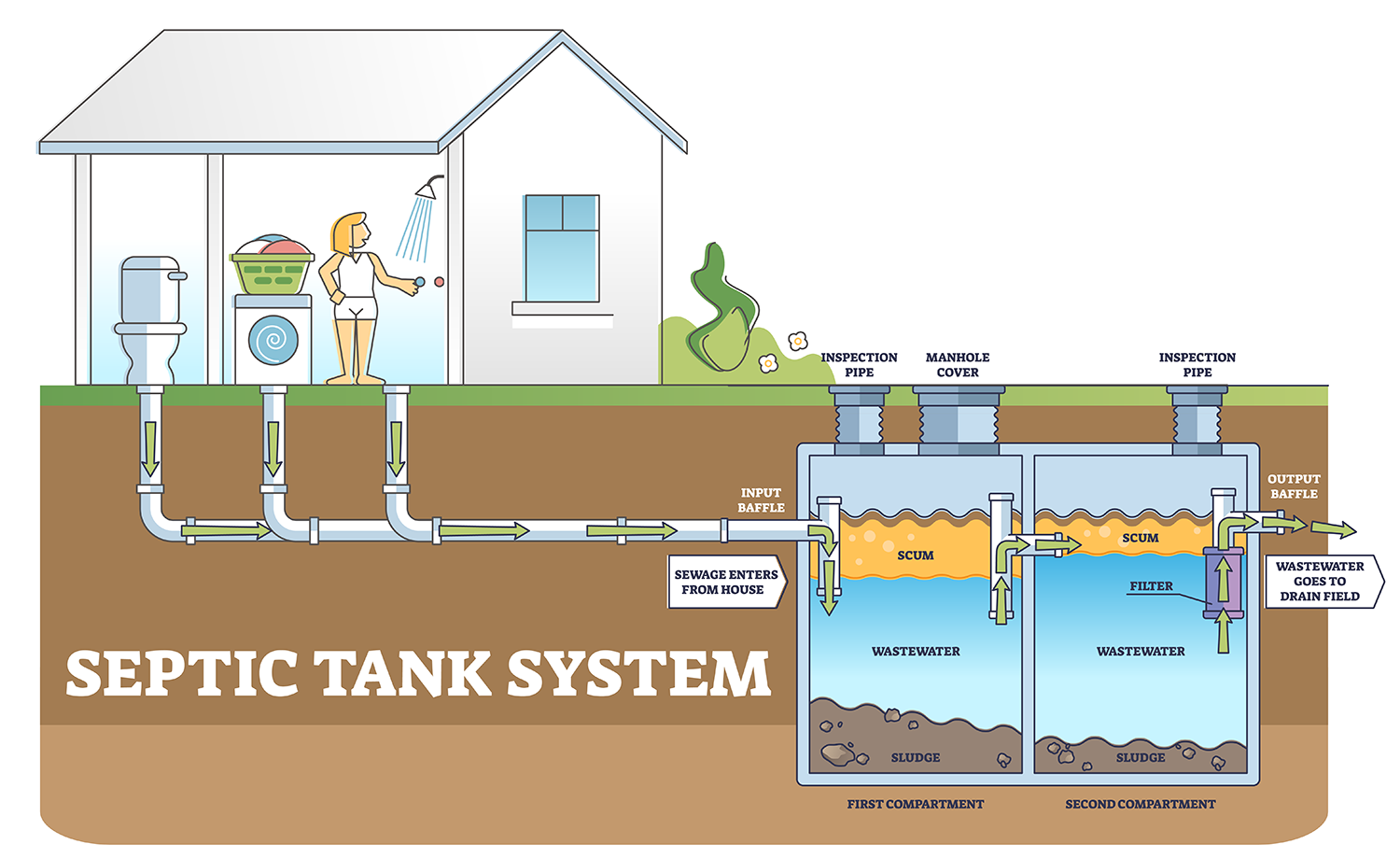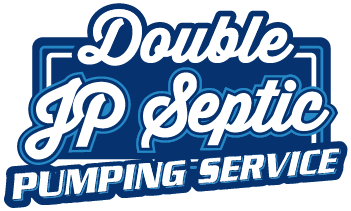Homeowner's Guide to Septic Tank Systems
Knowing how to maintain your septic system is essential for any homeowner. Proper care ensures efficient and trouble-free operation of your wastewater system for years to come. Here’s a comprehensive guide to help homeowners understand and maintain their septic tank systems.
Understanding the Septic System
A typical septic system comprises three main components: the septic tank, a drainfield, and the soil beneath it. Wastewater from your home enters the septic tank, where it undergoes initial treatment. The clarified effluent then flows into the drainfield, where it’s further treated and dispersed into the soil.
The septic tank separates solids from liquids, allowing bacteria to break down organic matter. The treated liquid is then released into the drainfield for natural filtration.

Septic Tank Maintenance
- Regular Pumping: Schedule regular septic tank pumping every 3-5 years, or as recommended by a professional, to remove accumulated solids and prevent tank overflow.
- Water Conservation: Be mindful of water usage to prevent overloading the system. Fix leaks and use water-saving fixtures.
- Septic-Friendly Products: Use septic-safe products to prevent damage to the system’s beneficial bacteria.
- Avoid Flushing Harmful Substances: Do not flush non-biodegradable items, chemicals, or excessive grease into the system.
Signs of Septic System Issues
- Slow Drains: Slow drainage in sinks and toilets can indicate a clog or septic system issues.
- Foul Odors: Unpleasant odors in your yard or home may signal septic problems.
- Standing Water: Puddles or soggy soil around the drainfield indicate potential issues.
- Gurgling Pipes: Strange sounds from your plumbing can be a sign of septic problems.
Do's and Don'ts
- Do Schedule Regular Inspections: Have your system inspected by a professional every 1-3 years.
- Don’t Use Excessive Cleaners: Avoid overusing chemical cleaners that can disrupt the balance of bacteria in the septic tank.
- Do Maintain Drainfield Vegetation: Maintain a healthy grass cover over the drainfield to help with natural filtration.
- Don’t Drive or Build Over the System: Keep heavy vehicles and structures away from the drainfield to prevent damage.
Septic System Emergency
If you suspect a problem, such as sewage backup or strong odors, cease water use and contact a septic system professional immediately.
Regulations and Permits
Check local regulations: Comply with local health and environmental regulations related to septic systems.
Permitting: Ensure your septic system is properly permitted and up to code.
Double JP Septic is here to help with your septic system. We provide septic cleaning, pumping, repairs, inspections, and more. If you need septic service, get in touch with us online or give us a call at (512) 308-9080.
